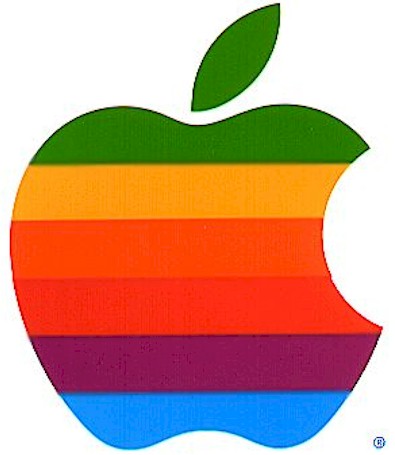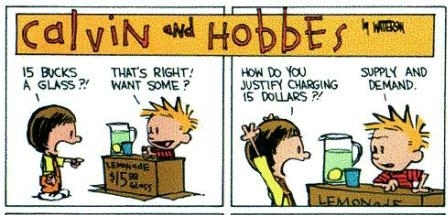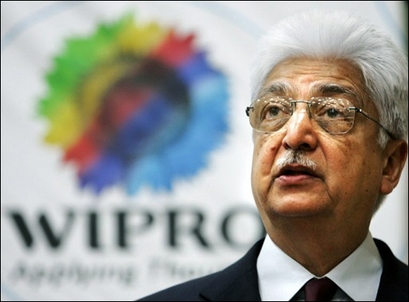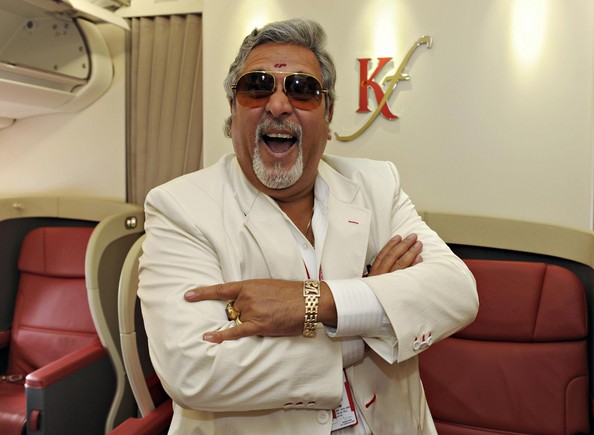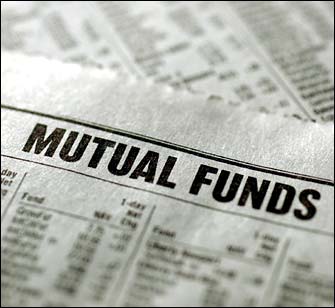A few weeks ago my friend was taking a driving lesson and the instructor went about telling him how ten years ago when a man used to buy an Accord the children and others from the neighbourhood would gather around and praise the person for his choice and admire him for the car he had just bought. They would then feel envy and would walk away though their eyes wouldn't stop glancing that wonderful Accord.
Today however, that same person could put a Ferrari on his porch and no one would give the backside of a rat. The point being that it isn't out of the reach of any person to buy anything. With cheap credit available in the form of nearly interest free loans, credit cards and gold loans things have taken a turn for the worse.
Imagine a scenario where a person has the capacity to buy a mid segment sedan. Let's say a Honda City. That would set him back a cool ten lakhs probably. But this dude(Being the dude he is) goes all out and chooses to buy a BMW. The idea is that people are spending on things that are irrelevant. Apart from relatively higher maintenance, higher emis and lower efficiency the BMW isn't really going to add value to this person.
He could have chosen to go in for a Honda. Their cars are engineered for effeciency and performance. Or he could have gone in for a Suzuki. The fundamental flaw in choosing a BMW over a Honda is that firstly the person cannot afford it and yet he's buying it simply because it is a question of prestige and his desires. Tripling his budget and along with it his emi this not so awesome dude could have chosen to do a zillion things with his money apart from buying two thirds of a car with it.
Finally, coming to the conclusion of this entire article we need to understand that by doing such actions, by choosing to overspend, by taking loans we do not need, by spending money we do not have, by full filling desires we have and buying things because of prestige we are all doing our share of creating a bubble in the economy.And obviously when the bubble gets to big it's going to burst and it's going to be bigger than the Sovereign Debt crisis and The Internet Bubble. Worse than the Great Depression and more deadlier than The Black Friday.
So the next time think twice about buying that BMW.
Today however, that same person could put a Ferrari on his porch and no one would give the backside of a rat. The point being that it isn't out of the reach of any person to buy anything. With cheap credit available in the form of nearly interest free loans, credit cards and gold loans things have taken a turn for the worse.
Imagine a scenario where a person has the capacity to buy a mid segment sedan. Let's say a Honda City. That would set him back a cool ten lakhs probably. But this dude(Being the dude he is) goes all out and chooses to buy a BMW. The idea is that people are spending on things that are irrelevant. Apart from relatively higher maintenance, higher emis and lower efficiency the BMW isn't really going to add value to this person.
He could have chosen to go in for a Honda. Their cars are engineered for effeciency and performance. Or he could have gone in for a Suzuki. The fundamental flaw in choosing a BMW over a Honda is that firstly the person cannot afford it and yet he's buying it simply because it is a question of prestige and his desires. Tripling his budget and along with it his emi this not so awesome dude could have chosen to do a zillion things with his money apart from buying two thirds of a car with it.
Finally, coming to the conclusion of this entire article we need to understand that by doing such actions, by choosing to overspend, by taking loans we do not need, by spending money we do not have, by full filling desires we have and buying things because of prestige we are all doing our share of creating a bubble in the economy.And obviously when the bubble gets to big it's going to burst and it's going to be bigger than the Sovereign Debt crisis and The Internet Bubble. Worse than the Great Depression and more deadlier than The Black Friday.
So the next time think twice about buying that BMW.








